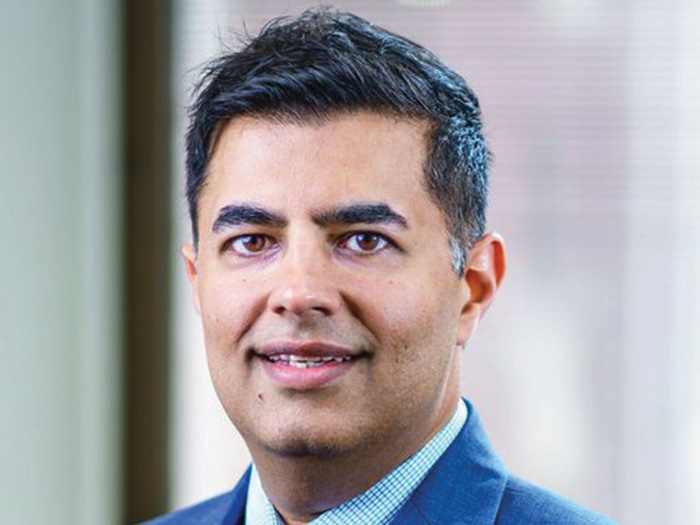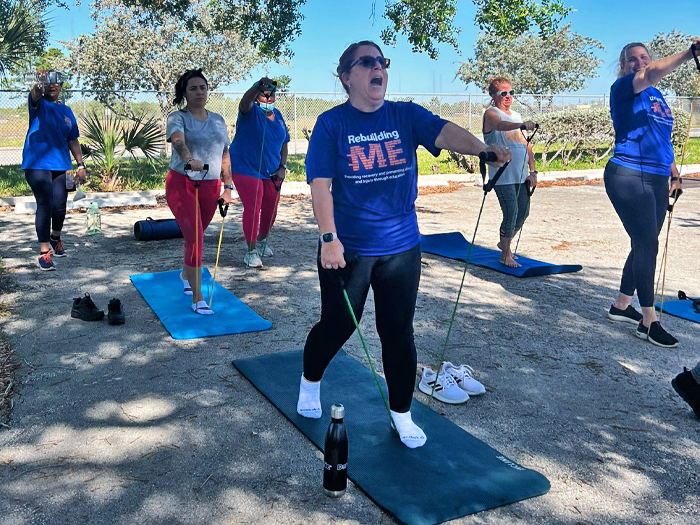Brokers
Brokers Cheer NARAB Passage

After many years of intense lobbying, insurance agents and brokers finally have a national licensing clearinghouse.
Legislation signed into law by President Obama on Jan. 12 as part of the extension of The Terrorism Risk Insurance Act (TRIA) established the National Association of Registered Agents and Brokers (NARAB II) to make it easier for brokers to sell insurance on a nationwide basis.
NARAB II, commonly known as NARAB, was established as a permanent organization.
Proponents of NARAB, a nonprofit membership organization to be governed by state insurance commissioners and insurance market representatives, argued that the group will preserve the best of the state regulatory system while adding a more effective licensing system.
“NARAB means a much more efficient and streamlined licensing process for agents and brokers operating in multiple states,” said Brady Kelley, executive director of the National Association of Professional Surplus Lines Offices (NAPSLO).
“NARAB is a tremendous and effective reform while preserving the state-based regulatory system,” he said.
A National System
Keri Kish, NAPSLO’s director of government relations, added that currently its members, or any broker or agent, has to be licensed in their home state, but if they do business in other states they have to obtain a separate license in each of those states as well.
“There will still be stringent requirements to become a NARAB member. But once those requirements are met, it’s just a much more simple online, one-stop shop to get licensed nationally.” — Brady Kelley, executive director of the National Association of Professional Surplus Lines Offices
“With NARAB, what they’ll be able to do is get their license in their home state and then apply to NARAB,” said Kish. “If they’re approved for NARAB membership, then they would be able to operate on a national basis.”
Added Kish: “They would still have to pay the same fees so there’s not necessarily a reduction in fees they would pay to get the licenses, but it’s a huge reduction in the amount of time and ease of being able to operate on a national basis and not having to administer 50 separate licenses.”
Kelley noted that if the agent meets the NARAB membership criteria, they will be able to log onto the national system, meet the qualifications, submit a background check and receive a national license.
“There will still be stringent requirements to become a NARAB member,” Kelley added. “But once those requirements are met, it’s just a much more simple online, one-stop shop to get licensed nationally.”
John Prible, Washington, D.C.-based vice president of federal government affairs for the Independent Insurance Agents & Brokers of America (IIABA), said NARAB will help companies by increasing their distribution force across the country and it will help consumers by increasing competition.
“But also a point that should not be lost, and it’s actually a very important point, is that now more than ever consumers will not be tied to one location,” Prible said.
“People move around, they move from state to state, people buy second homes in different states and they might have businesses in other states as well. What this will allow them to do is to continue to rely on their trusted insurance agent no matter where their business or property is.
“So we anticipate that NARAB probably won’t go live for about two years. We want to make sure we get it right.” — John Prible, vice president of federal government affairs, Independent Insurance Agents & Brokers of America
“That agent or broker will be able to utilize NARAB in order to operate across state lines without having to get 50-plus different licenses from the various states in which they operate.”
Increased Competition
NARAB is expected to increase competition among agents and brokers nationwide.
“The important reason competition will be increased is because now there will be a greater number of agents and brokers that consumers can choose from,” said Prible.
“Consumers don’t just have to choose among the insurance brokers and agents in the place where they’ve moved or where they expand their small business across state lines, they can keep their current broker.
“But if another agent comes in there and offers better service or better value, then they can move to them,” Prible said.
Joel Wood, senior vice president of government affairs for the Washington, D.C.-based Council of Insurance Agents and Brokers (CIAB), noted that “for all the histrionics over state-versus-federal aspects of the NARAB discussion, the reality is that NARAB is simply an administrative mechanism to facilitate multi-state licensure.
“It is a red-tape cutter that will save significant costs for agencies and brokers large and small,” Wood said. “I know of many small firms who employ full-time staff just to maintain all their firm’s non-resident licenses.”
IIABA’s Prible stressed that NARAB will not be up and running overnight.
“The single most important thing that we’re trying to tell our members right now is that even though we’ve been working on this for the better part of a decade and we’ve finally crossed the finish line, this is not just a switch that’s going to be flipped,” Prible said.
“The president is going to have to appoint a board of directors,” Prible said. “This board will have to meet and develop the bylaws for exactly how NARAB is going to work. So we anticipate that NARAB probably won’t go live for about two years. We want to make sure we get it right.”










